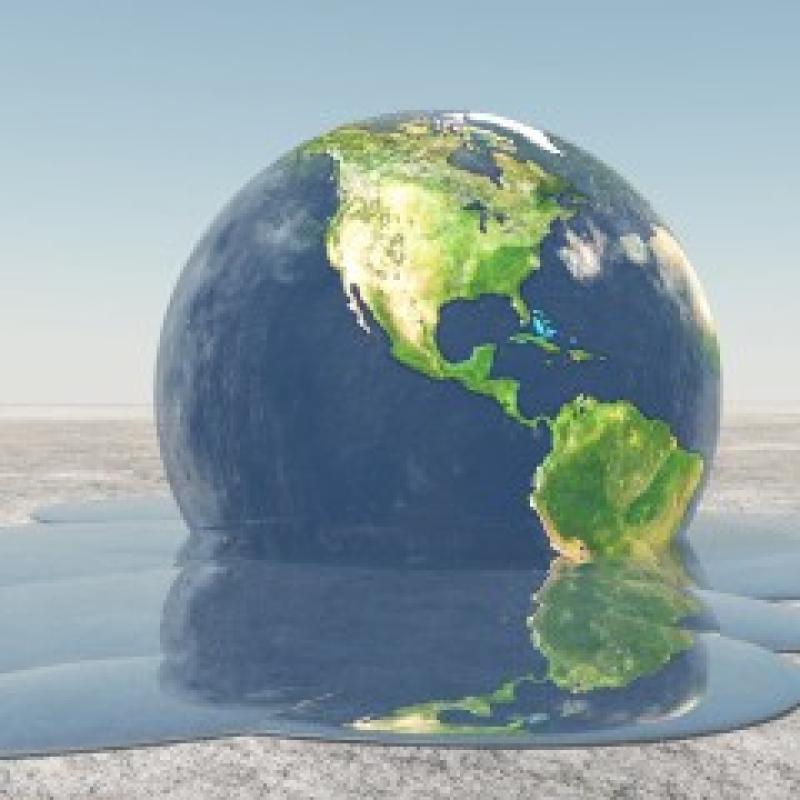An Integral Design Perspective on Climate and Ecological Crises
I've spent much of my adult life studying and learning about the ecological crisis, including climate change (anthropogenic global warming) from a response / solutions perspective. My studies have included environmental history, ecological design, ecophilosophy, ecopsychology... anthropology, ecology, earth sciences, economics, politics .... I have always cast a very wide net, and ecological design has long been at the center of my thinking about these issues. But, more recently, I think ecological design, per se, is not quite adequate -- and so I prefer the term "integral design" for my overarching approach to engaging with these topics.
I've concluded that it may be possible for humans and much of the biodiversity on this planet to survive as a complex web of life, but only if human culture undergoes a very swift and radical transformation -- a change so dramatic and swift that it would seem miraculous. For this reason, our chances of preserving the biosphere as we know it are very slim. Odds are not in our favor. We are deep into a planetary emergency in which most of the species on this planet are very seriously at risk of not surviving long -- an extinction crisis.
Our dominant culture remains deep in denial about the status of risk and condition. We are mostly very ignorant. Even foolish. Half asleep, at best.
If we are able to pull out of our collective nose dive, it will almost certainly be as a result of one primary factor, a design revolution. But it will not be enough for this design revolution to be centered mainly on that which has up 'til now been known as "ecological design," though ecological design must play a crucial role -- as the forerunner to what I call "integral design".
Integral design is oriented not only toward ecological integrity, but also social and individual integrity, or wholeness. All of these must be seen in relation to one another. And nothing short of a radical re-design of our culture and civilization can prevent our extinction and that of most of the life now inhabiting Earth.
Integral design is oriented toward responsiveness to the crisis of well-being which has resulted from our culture's failure to see things in their wholeness, or in their integrity. It is, like medicine at its best, a health science. If you study the etymology of the words health and wealth, you will see that these words share roots, and these shared roots are the biggest clue to what integral design is all about. It is the newest emerging science on our planet -- a science of general well-being, a.k.a. health and wealth.
Our now dominant culture is now entirely obsolete, from the standpoint of the best of philosophy and science. Integral design principles are those principals which bring this radical paradigm shift in culture into conscious awareness. What was once considered to be "wealth production" can now be seen as wealth destruction. If it does not contribute to the integrity and well-being of all life, it is not wealth production. It's that simple. And it doesn't take a rocket scientist or brain surgeon to comprehend this simple fact. One need only understand thoroughly the implications of what economists have long called " economic externalities " in the broadest sense. And once well-understood within an ecological world view, it is clear that there must be fewer and fewer "externalities" over time (and swiftly, dramatically) if we are not to push the resiliency of life systems well beyond all breaking points.
Such thought experiments expose the utter and radical failure of what we call "politics". Politics has been called "the art of the possible," but what must happen is not possible within what we know as "politics". This is why we have the slimmest possible chance of waking up from this collective insanity. But I think it's worth a try.
Who is online
59 visitors


